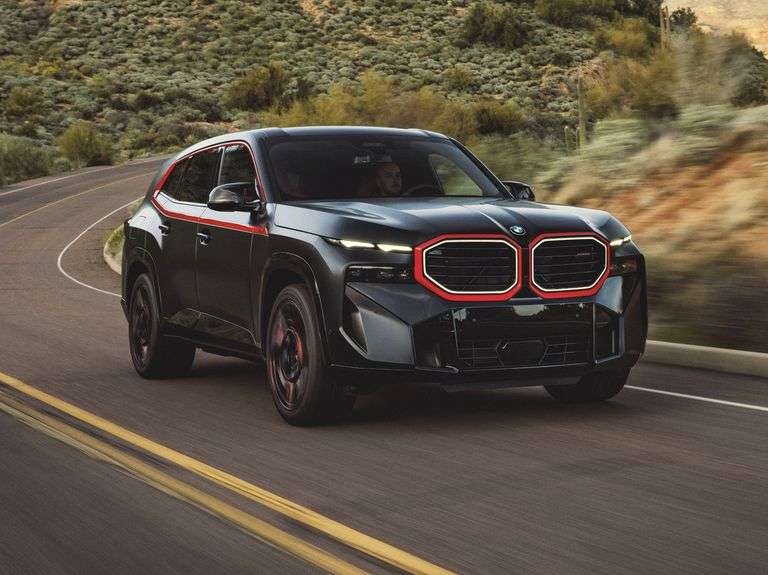BMW Group is pioneering the circular economy in the automotive industry, focusing on sustainable vehicle design, production, and recycling to reduce environmental impact and enhance resource efficiency.
BMW Group has earmarked the circular economy as its strategic linchpin. This innovative approach is set to redefine the lifecycle of vehicles by prioritizing resource efficiency and recyclability. “The future of the BMW Group is circular — and the Neue Klasse brings us another step closer to this objective,” Oliver Zipse, Chairman of the Board of Management of BMW AG said in a statement. “To achieve this, we are applying the principles of the circular economy even more systematically throughout the entire lifecycle of the future vehicle generation.”
At the heart of BMW’s strategy is the concept of ‘Design for Circularity,’ a principle that ensures that vehicles are conceived from the outset with their end-of-life recycling in mind. By employing fewer materials and favoring mono-materials that can be easily recycled, the company aims to simplify the disassembly process and enhance the recyclability of its vehicles. This approach is complemented by the integration of digital technologies to minimize the use of physical materials, particularly in vehicle controls.

The circular economy ethos extends beyond the design phase, influencing the entire supply chain and production process. BMW Group boasts significant achievements in resource conservation, notably reducing non-recyclable waste and water consumption per vehicle produced year over year. With nearly all of its production waste being recycled or recovered, the company demonstrates a profound commitment to minimizing its environmental impact.
A pivotal element of BMW’s circular economy model is the increased incorporation of secondary materials in vehicle components. This not only mitigates the reliance on scarce primary raw materials but also contributes to a reduction in the carbon footprint of its vehicles. The company’s future models, especially those under the Neue Klasse from 2025 onwards, are expected to showcase advancements in the use of recycled materials and the optimization of the disassembly process.
Furthermore, BMW Group is proactive in addressing the recycling challenges posed by complex components such as high-voltage batteries. Collaborations with industry partners and academic institutions are underway to develop methods for reclaiming and repurposing the valuable raw materials contained within these components.

In addition to its internal efforts, BMW Group is fostering innovation in circularity through BMW i Ventures, its venture capital arm. By investing in startups that are pioneering circular economy solutions, the company is not only enhancing its own sustainability practices but also contributing to the broader adoption of circular principles within the automotive industry and beyond. As part of a future where cars are entirely recyclable and constructed from bio-based or recycled materials, the automaker says the BMW i Vision Circular stands as a testament to this ambition. This vision vehicle embodies the integration of circularity and digitalization, heralding a new era of sustainable mobility.
Related on Ethos:


